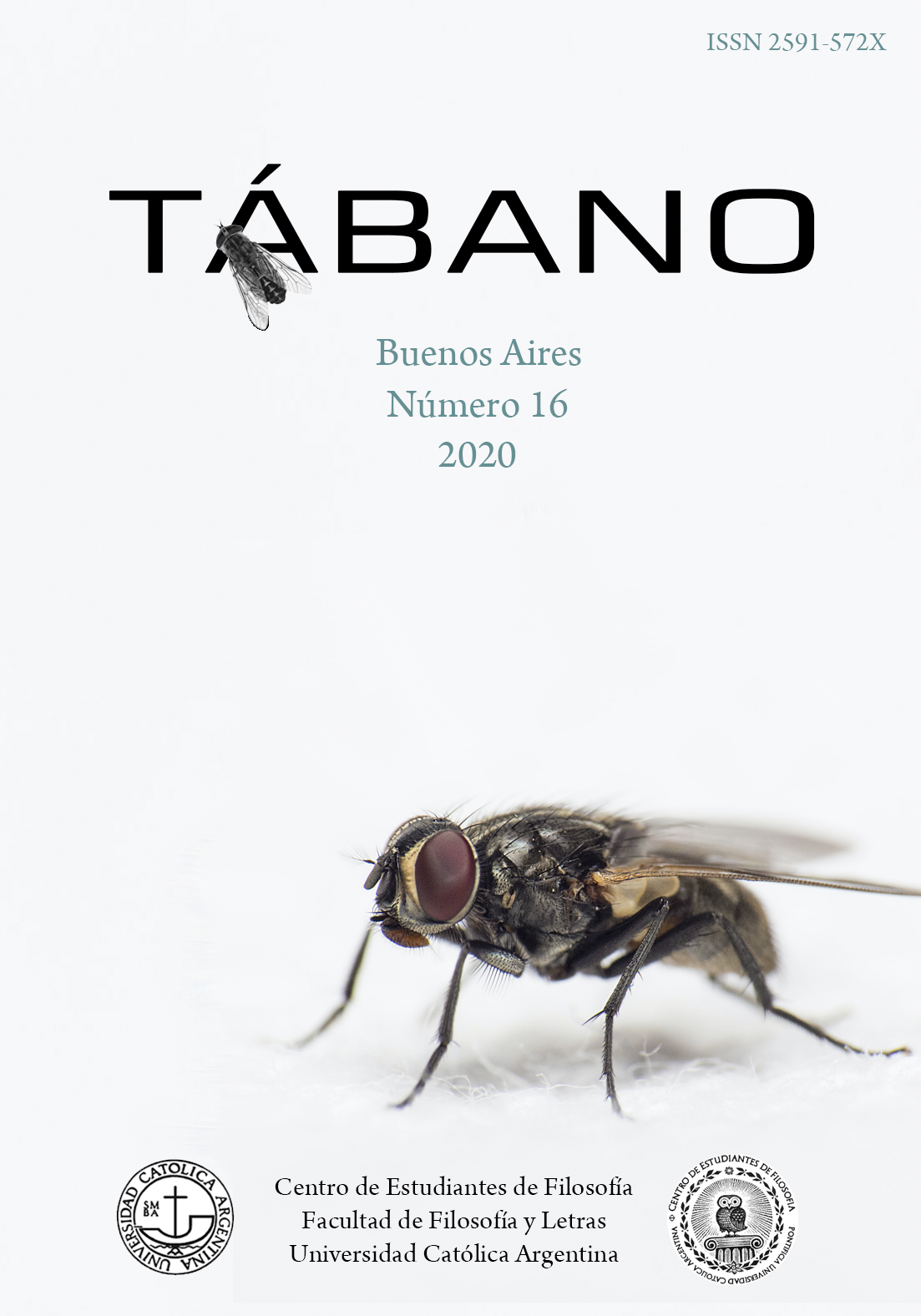Secularization, a valid category? A reappraisal of the Löwith-Blumenberg debate around the rise of modernity
DOI:
https://doi.org/10.46553/tab.16.2020.p53-69Keywords:
Löwith, Blumenberg, philosophy of history, secularization, transcendence, immanence, eschatonAbstract
Karl Löwith’s Meaning in History presents the emergence of modern philosophy of history as a secularization of medieval theology of history. His thesis holds that modern historical consciousness transposes into the immanent frame a constitutively transcendent element: the Christian history of salvation. In The Legitimacy of the Modern Age Hans Blumenberg impugns Löwith’s theory, by arguing that it works on the erroneous assumption that there would be a substantial content originally possessed by medieval Christianity and only later illegitimately appropriated by modernity. Blumenberg proposes that Löwith’s “transposition” hypothesis must be replaced by his own “reoccupation”: the modern vision of history would have thus taken up the place of Christian eschatology. This paper contends that Blumenberg fails to see that he and his opponent are arguing at different epistemological levels: while Blumenberg’s discussion operates at the level of the efficient causation of history, Löwith’s is focused on the philosophical root of the teleology of the modern idea of progress, which explains this notion as a transposition of the eschaton into a purely immanent telos.
Downloads
References
Barash, J. A. (1998). The Sense of History: On the Political Implications of Karl Löwith's Concept of Secularization. History and Theory, 37.1, pp. 69-82.
Blumenberg, H. (1966). Die Legitimität Der Neuzeit. Frankfurt am Main: Suhrkamp.
Blumenberg, H. (1983). The Legitimacy of the Modern Age. Cambridge, MA: MIT Press.
Bremmer, J. N. (2008). Secularization: notes toward a genealogy. Hent de Vries (ed.), Religion: Beyond a Concept (pp. 432-437, pp. 900-903). New York: Fordham University Press.
Gide, A. (1973). The Counterfeiters. Dorothy Bussy (trans.). New York: Random House
Greisch, J. (2004). Umbesetzung versus Umsetzung: les ambiguités du théorème de la sécularisation chez Hans Blumenberg. Archives de Philosophie, 67, pp. 279-297.
Löwith, K. (1949). Meaning in History. Chicago: University of Chicago Press.
Löwith, K. (1952). Die Dynamik der Geschichte und der Historismus. Eranos-Jahrbuch, 21, pp. 217-254.
Löwith, K. (1953). Weltgeschichte und Heilsgeschehen: Die Theologischen Voraussetzungen der Geschichtsphilosophie. Stuttgart: W. Kohlhammer.
Löwith, K. (1966). Nature, History, and Existentialism, and Other Essays in the Philosophy of History. Arnold Boyd Levison (ed.). Evanston, IL: Northwestern University Press.
Löwith, K. (1968). Hans Blumenberg: Die Legitimität der Neuzeit. Philosophische Rundschau, 15, pp. 195-201.
Löwith, K. (1969). Permanence and Change: Lectures on the Philosophy of History. Cape Town: Haum.
Monod, J. C. (1998). Métaphore et métamorphoses. Blumenberg et le substantialisme historique. Revue Germanique Internationale, 10, pp. 215-230.
Wallace, R. M. (1981). Progress, secularization and modernity: the Löwith-Blumenberg debate. New German Critique, 22, pp. 63-79.
Downloads
Published
How to Cite
Issue
Section
License


